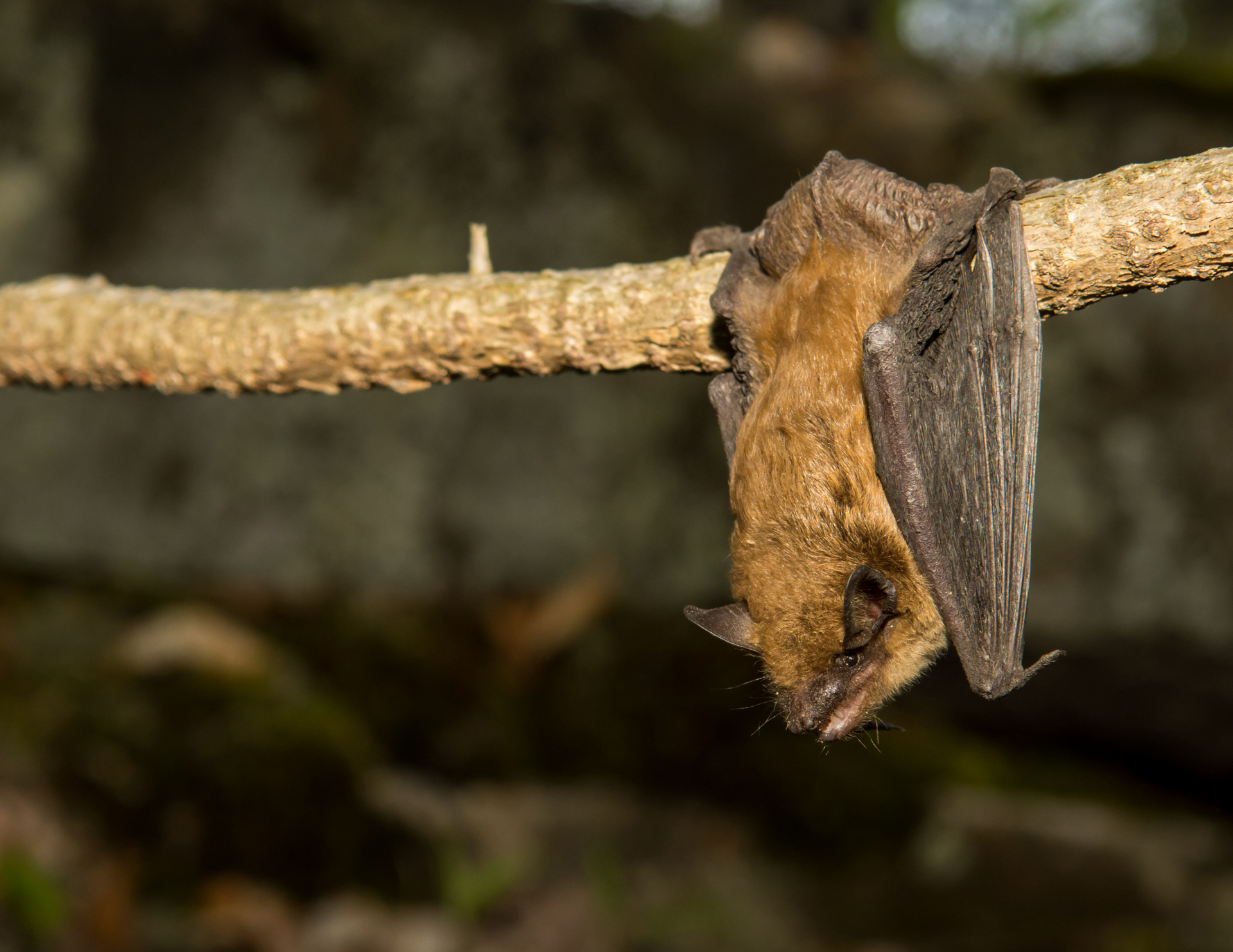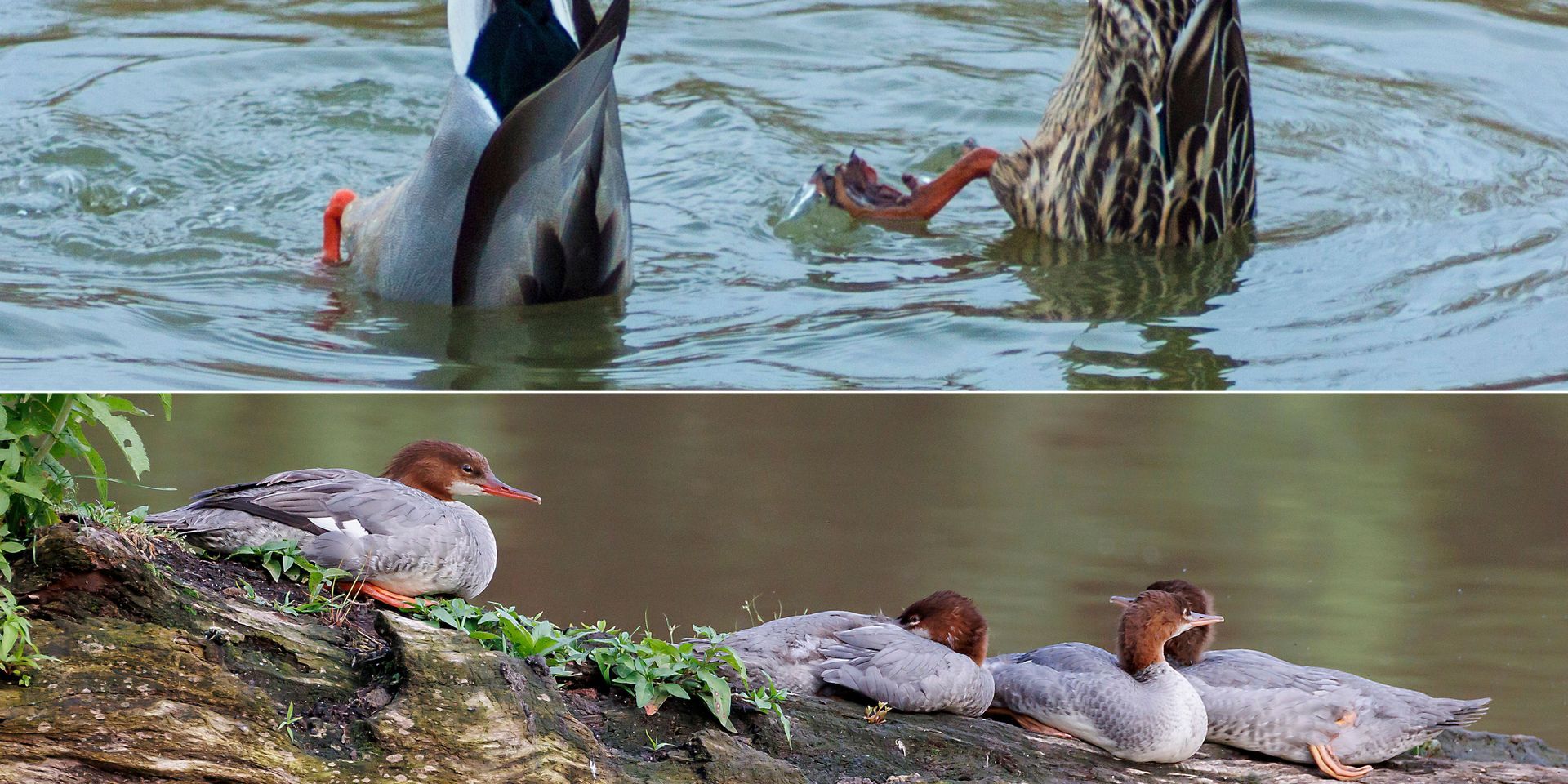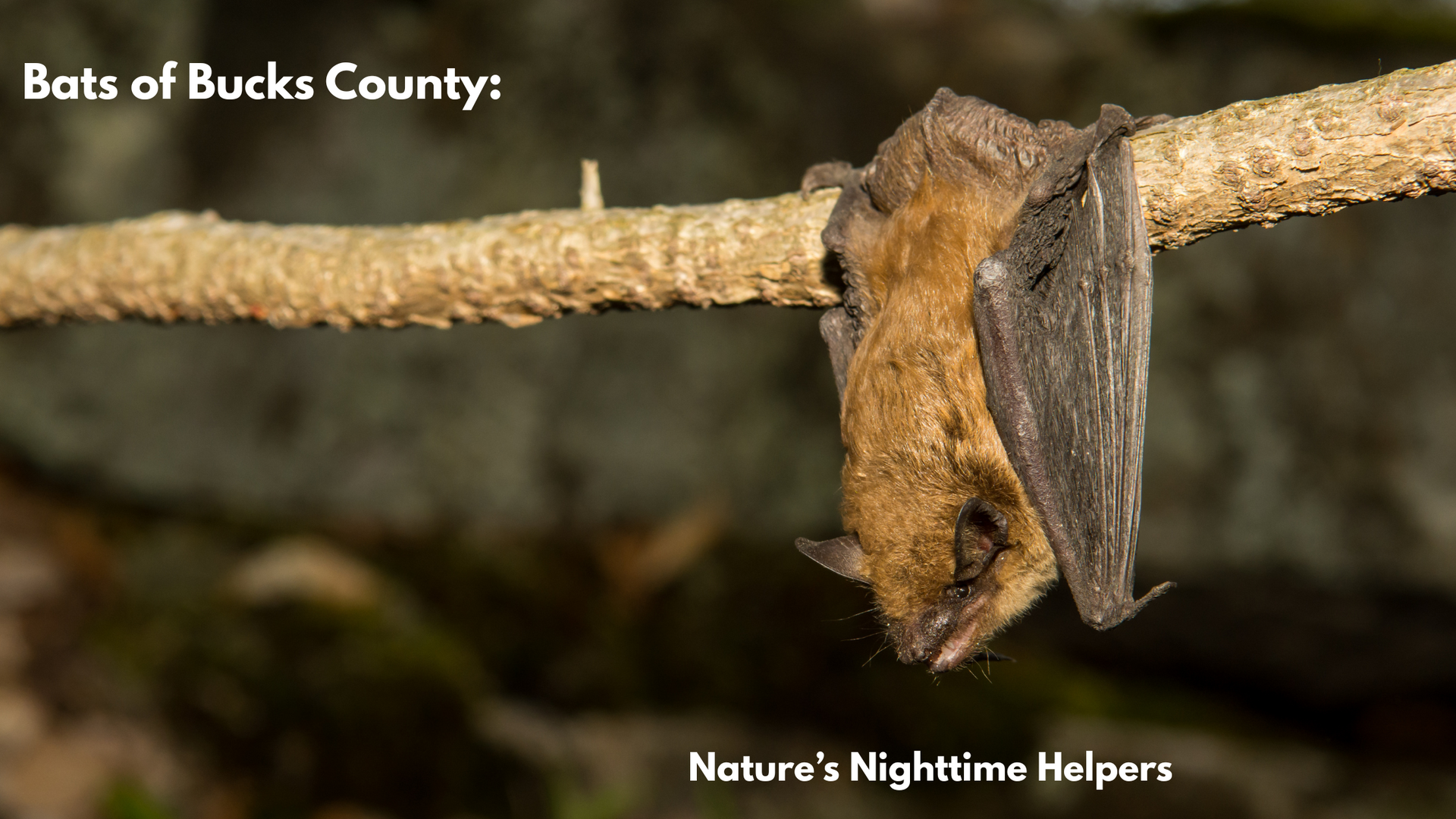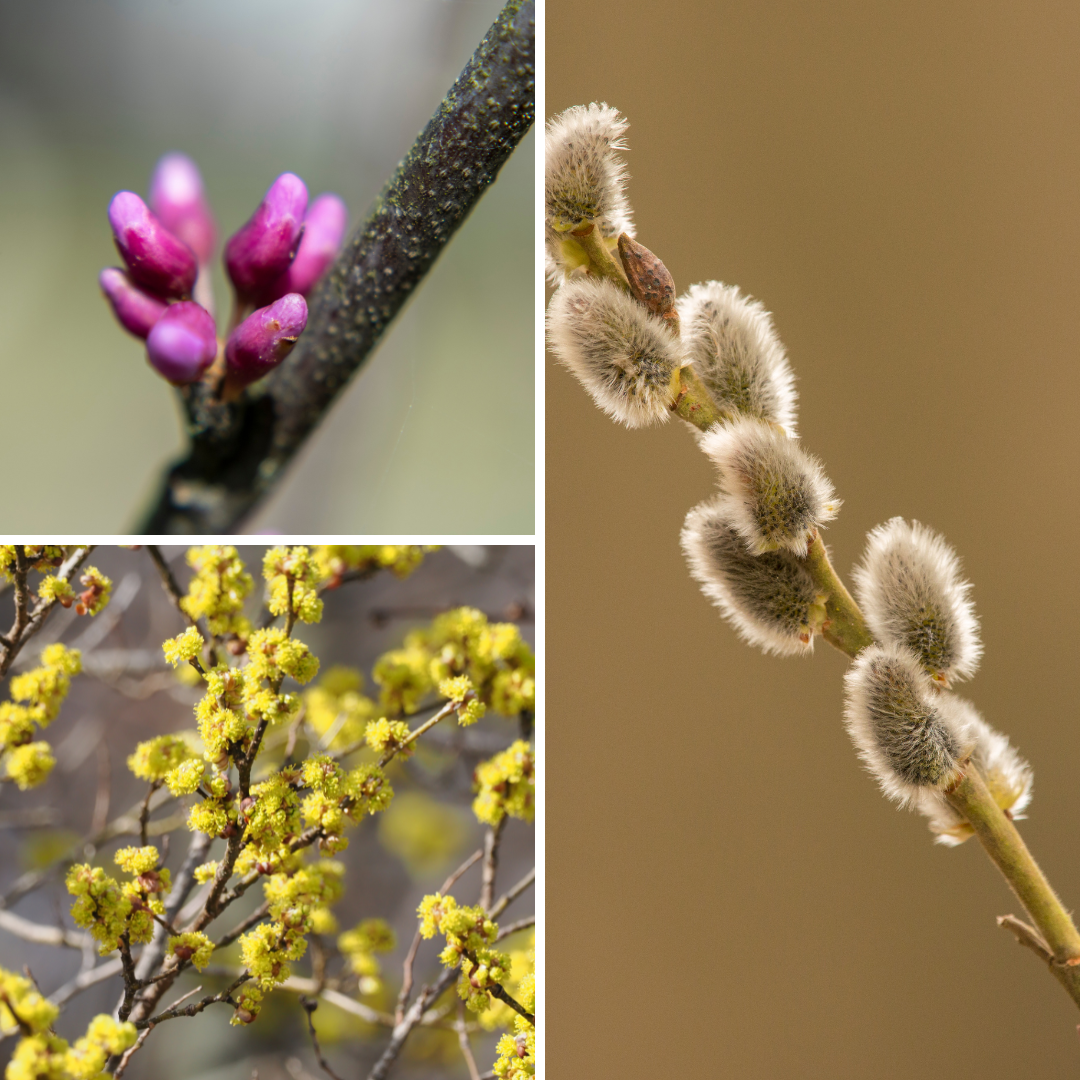A single Big Brown Bat can eat 6,000 to 8,000 mosquitoes in a single night!

By Allison Cameron, Summer Intern
Hollywood movies are notorious for making us believe certain animals make better villains than heroes. Take bats for example. Movies would have us believe we should fear the world’s only flying mammals because, like Dracula, they only want our blood. While vampire bats do exist in certain parts of the world (but don’t turn into Dracula!), most bat species are crucial for seed dispersal, plant pollination, and pest control.
According to recent studies, the US corn industry alone would save more than $1 billion a year in crop damage and chemical expenses if bats consumed enough pests to prevent it. Bats' consumption of insect pests reduces the cost of agricultural produce overall by more than $3 billion annually.
While many bats consume insects, others rely on nectar and are vital pollinators for many different plants. Bats help pollinate peach, clove, and agave flowers. If you’ve recently eaten a banana, you have a bat superhero to thank for that!
Fruit serves as a third food source for bats, which gives seed distribution an additional crucial ecological function. Disturbed areas in the neotropics are often reforested as a result bats, who eat the fruits of important tropical trees, then disperse the seeds when they defecate on the wing.
Sadly, bat populations are dwindling across the world. Humans are unaware of the crucial function that bats play in a healthy ecosystem, and many bats are harmed unintentionally every year. The necessity of winter protection during hibernation puts bats that hibernate in caves at a further disadvantage. Human activity and habitat loss interferes with the bat’s hibernation. Bat populations are also affected by fungus that causes white-nose syndrome. This has killed more than 5 million bats and is spreading at an alarming rate across North America. The fungus can spread from bat to bat, cave to bat, and even cave to cave since the fungus gets on people’s shoes, clothing, or equipment. Most caves in Pennsylvania have completely lost their colonies of bats due to the fungus.
To help with the populations of bats Peace Valley Nature Center and the surrounding areas, here are some tips to keep in mind:
- To encourage the presence of bats around your property, leave dying and dead trees alone where they are not in a dangerous position so that bats can utilize them as roosting places.
- Create a pollinator garden to help draw insects that pollinate plants and provide food for bats
- Avoid mines and caves where bats hibernate during the winter. A bat's hibernation could be interrupted and cause it to become active. If the bat's fat reserves are depleted prior to the end of winter, this could result in the animal’s starvation.
We hope you “Marvel” at the role bats play in protecting us from pests, pollinating the flowers of our favorite fruits, and planting new forests. They certainly deserve superhero status!




